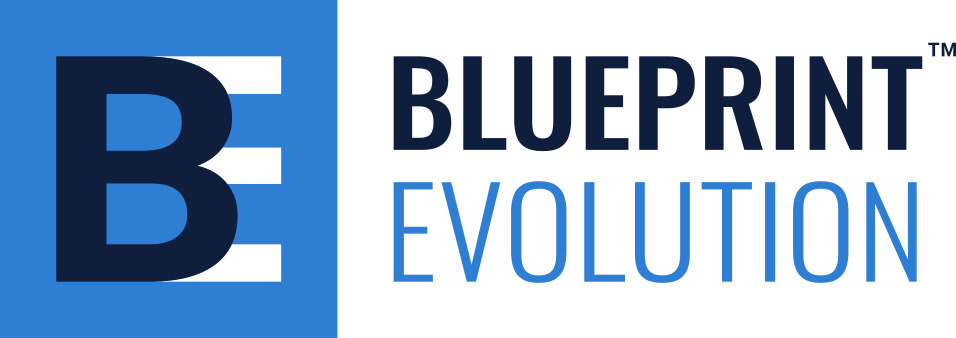Fostering an inclusive workplace culture is not just a strategic advantage. The commitment to diversity, equity, and inclusion (DEI) extends beyond mere hiring practices to encompass every facet of the employee lifecycle: engagement, onboarding, and retention. By integrating DEI principles into these core areas, organizations can ensure that all employees feel valued, respected, and empowered. Let’s explore these areas with updated insights and statistics to underscore their importance.
Inclusive Employee Engagement: A Driver for Innovation and Thriving Teams
Employee engagement is a critical driver of organizational success, and inclusivity plays a pivotal role in making it meaningful. An inclusive approach to employee engagement involves creating spaces where all voices are heard and valued. This means implementing feedback mechanisms that are accessible to everyone and fostering a culture of open dialogue. Engagement is enhanced in environments where cognitive diversity is prioritized, with studies showing that it can boost team innovation by up to 20%.
A workplace culture that respects and values their employees not only attracts talent but also fosters a sense of belonging and inclusivity. By celebrating diverse perspectives and encouraging participation in decision-making, companies can create a sense of belonging that boosts morale and productivity. Engaged employees are 21% more productive, showcasing the direct link between inclusive practices and organizational success. Such an environment not only supports the well-being of current employees but also positions the organization as an attractive place for prospective talent.
Inclusive Employee Onboarding: Laying the Groundwork for Success Laying the Foundation for Long-Term Success
The onboarding process is a critical phase where new hires form their first impressions of the organizational culture. With 75% of employees believing more diversity is needed, onboarding programs that highlight and celebrate diverse communities can significantly impact new hires’ perception and long-term commitment to the organization.
This can be achieved by designing orientation programs that recognize and celebrate all community members, providing mentors from various backgrounds, and ensuring that new employees have access to the resources they need to succeed. An inclusive onboarding experience ensures that all employees, regardless of their background, feel welcomed and valued from day one.
Inclusive Employee Retention: Retaining is one thing. Retaining Happy Is another. Talent Thrives in Equity
Recruiting diverse talent is crucial. Retaining diverse talent is crucial. Inclusive employee retention strategies focus on creating an equitable environment where everyone has equal opportunities for growth and advancement. This includes offering continuous learning and development opportunities, equitable and transparent promotion processes, and support for work-life balance.
Companies with the most diverse executive teams are 33% more likely to outperform their peers in profitability, highlighting the financial advantage of an inclusive workplace. Moreover, employees who feel a sense of belonging are 18 times more likely to stay with their employer, underscoring the impact of inclusion on retention rates. Are we citing these somewhere?
Recognizing and addressing the unique challenges faced by underrepresented and minoritized groups can also mitigate feelings of isolation and increase retention rates. Companies that excel in retaining diverse talent benefit from a wealth of perspectives that drive innovation and competitive advantage.
The Role of Inclusive Hiring Practices and Workplace Culture
The thread that weaves through engagement, onboarding, and retention is the organization’s overarching approach to inclusivity, anchored by inclusive hiring practices and a robust inclusive workplace culture. These practices are not just about bringing diverse individuals into the organization but about creating an environment where they can thrive. From the way job descriptions are written to the structure of interviews and the composition of selection panels, every aspect of the hiring process should reflect a commitment to equity and inclusion
Inclusive hiring practices and the cultivation of an inclusive workplace culture are foundational to achieving engagement, onboarding, and retention goals. Statistics show that 67% of job seekers consider workplace diversity an important factor when considering employment opportunities, and companies that are inclusive are 1.7 times more likely to be innovation leaders. Furthermore, inclusive teams make better business decisions twice as fast, with 60% better results, illustrating the tangible benefits of diversity and inclusion at all organizational levels.
An inclusive workplace culture is the ecosystem that supports organizational growth It’s about more than just policies and programs; it’s about cultivating an environment where all people are celebrated, where everyone feels they belong, and where equity is woven into the fabric of organizational life.
By adopting an inclusive approach to employee engagement, onboarding, and retention, organizations can create a vibrant, engaged, and productive workforce. This commitment to DEI not only enhances employee well-being and experience but also drives innovation and business success. In the end, an inclusive workplace is not a destination but a continuous journey of learning, growth, and transformation.By prioritizing inclusive hiring practices and fostering a culture that values diversity and inclusion, companies can achieve a competitive advantage in today’s dynamic business environment.
Sources:
- https://www.quantumworkplace.com/future-of-work/diversity-and-inclusion-statistics
- https://www.loebleadership.com/insights/diversity-and-inclusion-drives-employee-engagement-and-retention
- https://www.edume.com/blog/workplace-diversity-statistics







